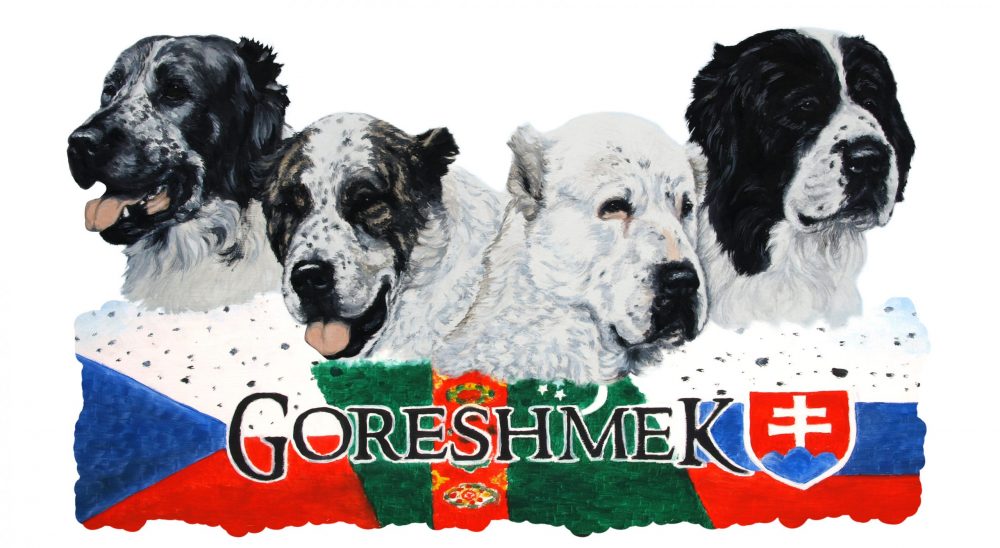As i hear people state, Really, you might be hitched, very he or she is a citizen, correct? for the an all-once you understand tone, my blood pressure level instantly rises.

Inside my junior year away from college or university when i willing to data abroad when you look at the London, I was excited regarding the options awaiting me personally. I’d getting residing a special location for the original big date, and it would be my personal basic expanded travels out from the country. There would be the fresh new kinds, new societies, and you can a whole continent simply a short, cheap airline out. The options have been unlimited, however, every anyone wished to mention had been the latest boys.
I rolling my attention, mad that i was being hitched over to the original semi-eligible bachelor that have a highlight. Never ever notice my grand adventures just like the an independent lady of your own community.
All of our culture is indeed preoccupied with the Other, together with dependence on shedding in love with a non-native is actually yet another indication of that.
But despite my resistance, Used to do belong love during the London; and you will my today-partner and that i provides all of our fairytale that renders having good cluster trick.
The people is really so obsessed towards Most other, as well as the obsession with falling in love with a non-native is actually just another manifestation of one to. However, I quickly revealed you to definitely shedding crazy about anyone from a different country isnt all the enjoyable and you can fame. Celý příspěvek
